In his research, Soma Mamadou explores the idea of decolonizing theatrical practice in Burkina Faso and how a liminal space can be transformed through the adaptation of Senufo traditional rituals of passage into a participative performance.
Regarding the piece:
We’re on a mining site, and a man is stopped in front of the offices. It’s clear from his attire that he’s a mine employee. You can also see that he’s angry.
He has just lost yet another loved one, a colleague on the site, a brother, and a son, due to the poor safety conditions in which the employees work… The toxic waste dumped here and there on the outskirts of the site is also putting the inhabitants of the surrounding villages at risk. The irresponsibility of the government disgusts the workers…
For SILMANDE, it’s the last straw.
He decides to throw away his helmet and express his frustration! Only his long-suppressed anger can’t be expressed in words. Words fade away to give way to cries from the heart, and when the mouth can no longer speak, the body takes over.
The set design is soft: just a few symbolic objects. Only the actor’s body needs to fill the space. Lighting is stripped of all overloads. The actor’s sweaty body.
The costume is made up of work clothes and, as an undergarment, twenty or so T-shirts bearing the names of major companies and organizations responsible for human exploitation and the degradation of our subsoil and atmosphere. These include Nestlé, Kalashnikov, Bolloré, G5, G20, Apple, SATOM, IAMGOLD, Total Energy, etc.
It’s a show punctuated by movement (dance and acrobatic movement), ritual, images, and sound. Silmandé is an expression of freedom, self-conquest, dignity and pride, and a commitment to environmental protection.
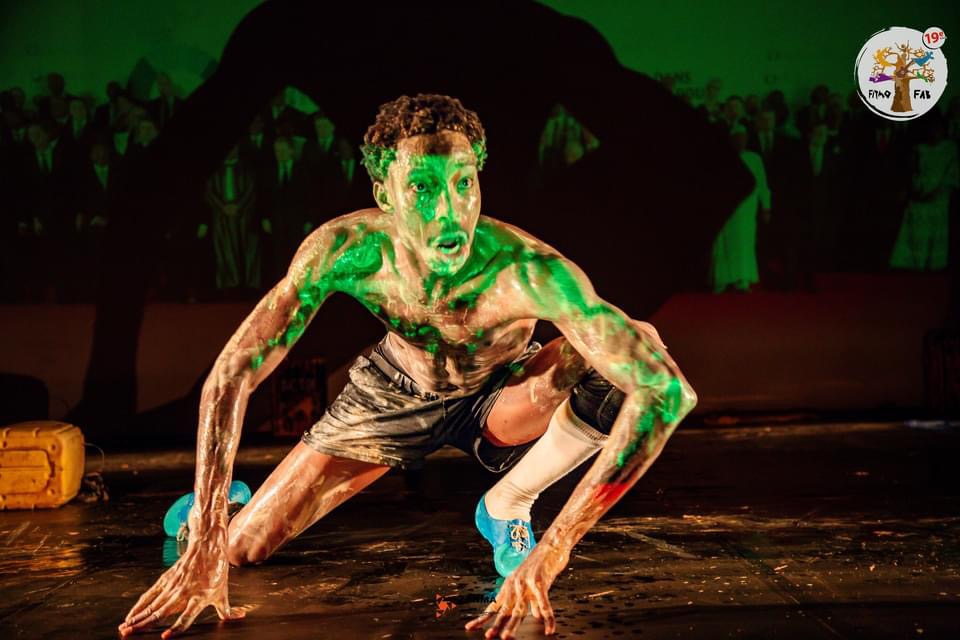
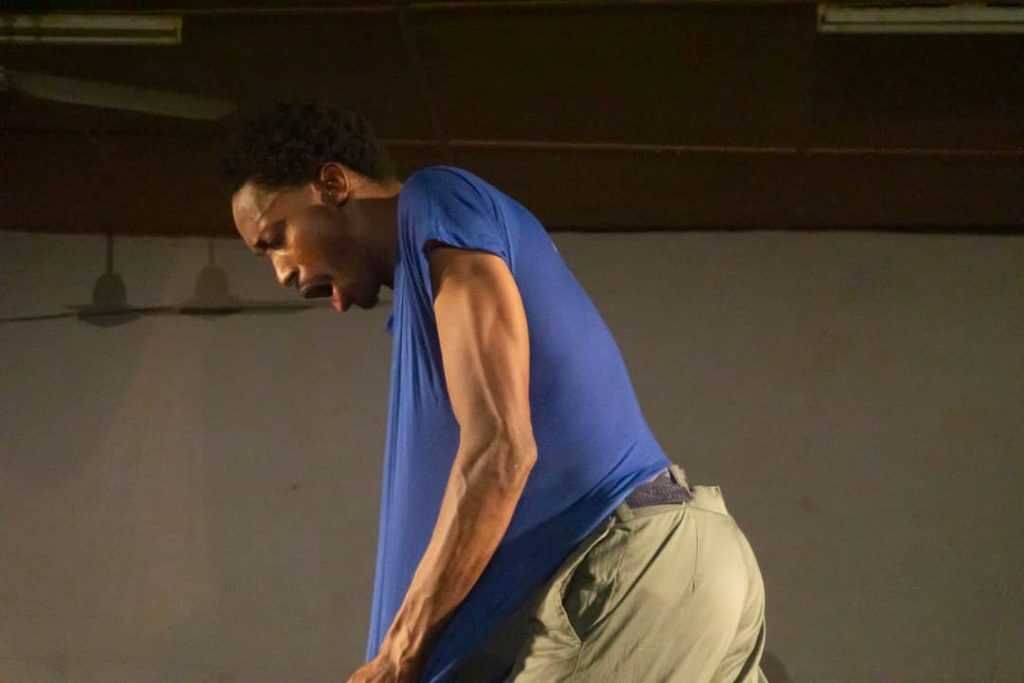
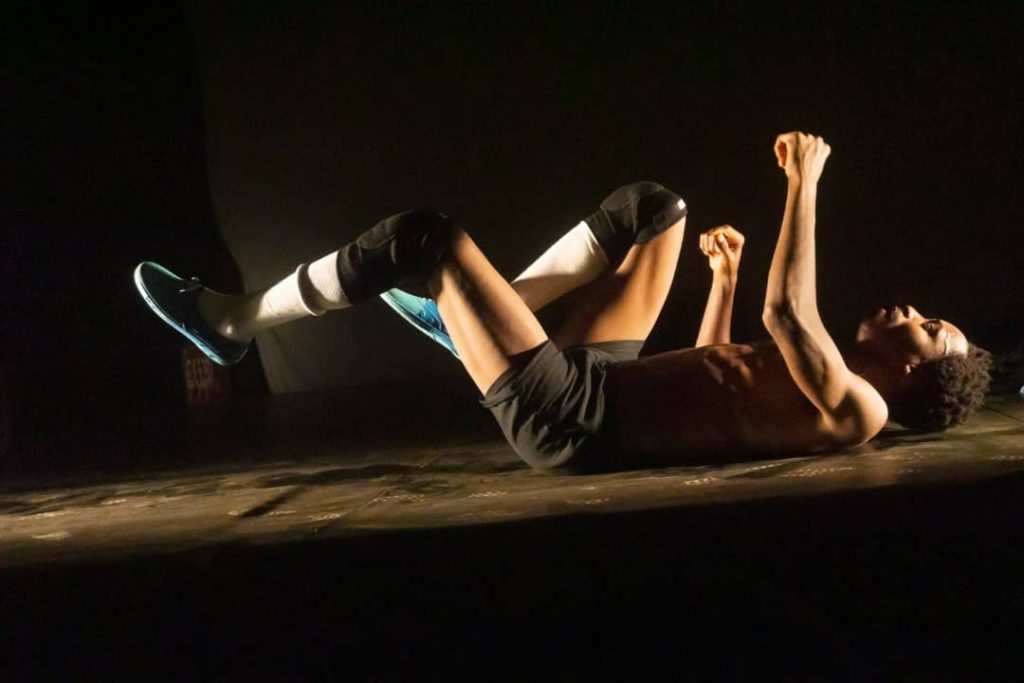
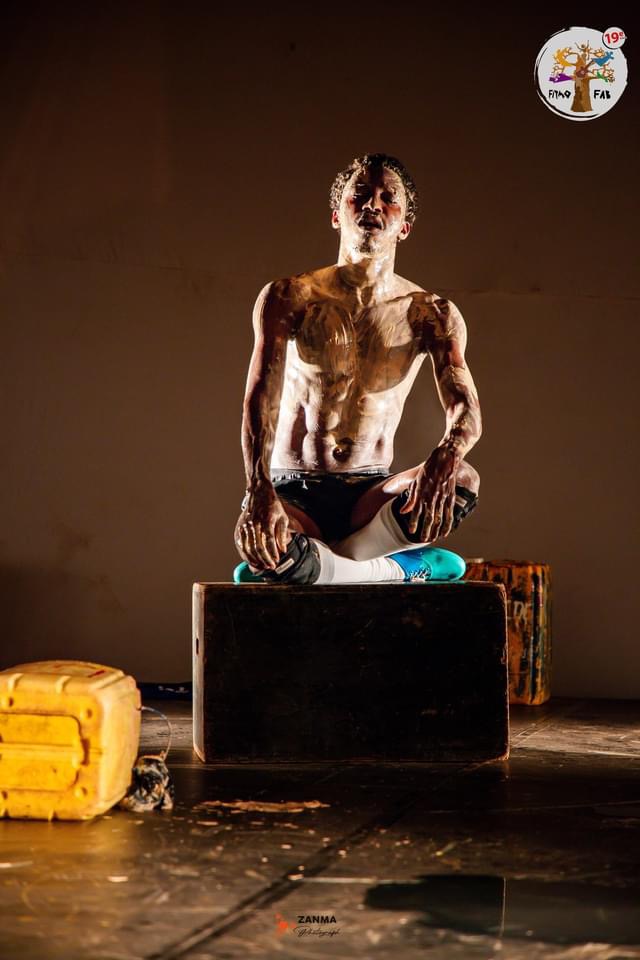
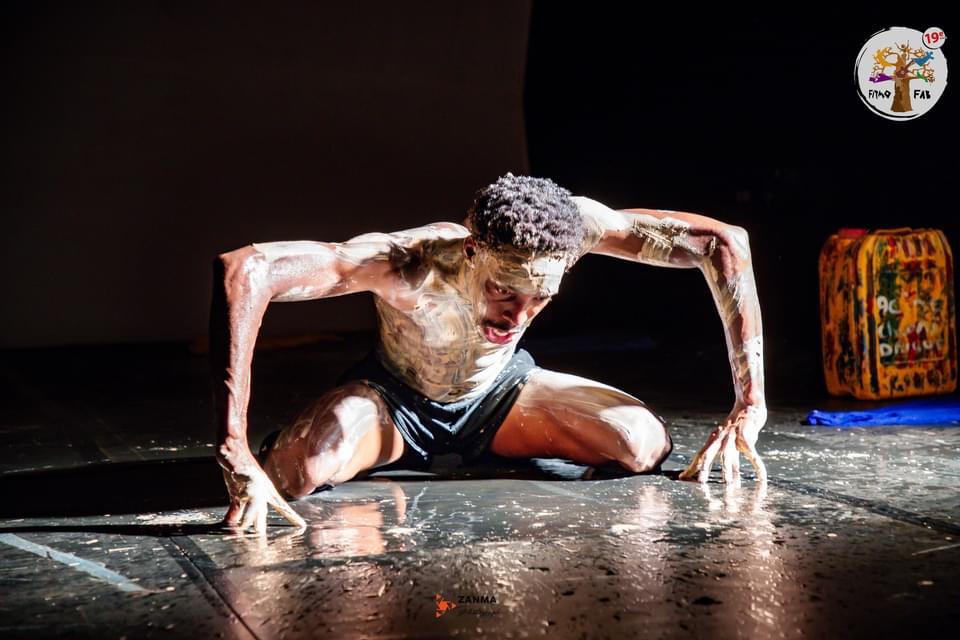
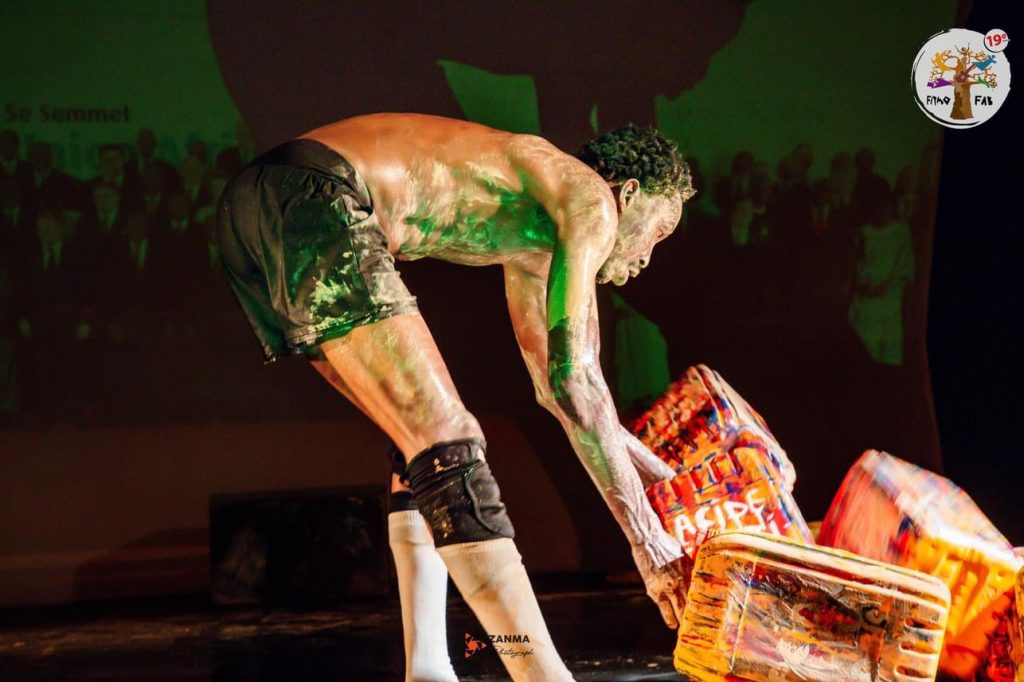
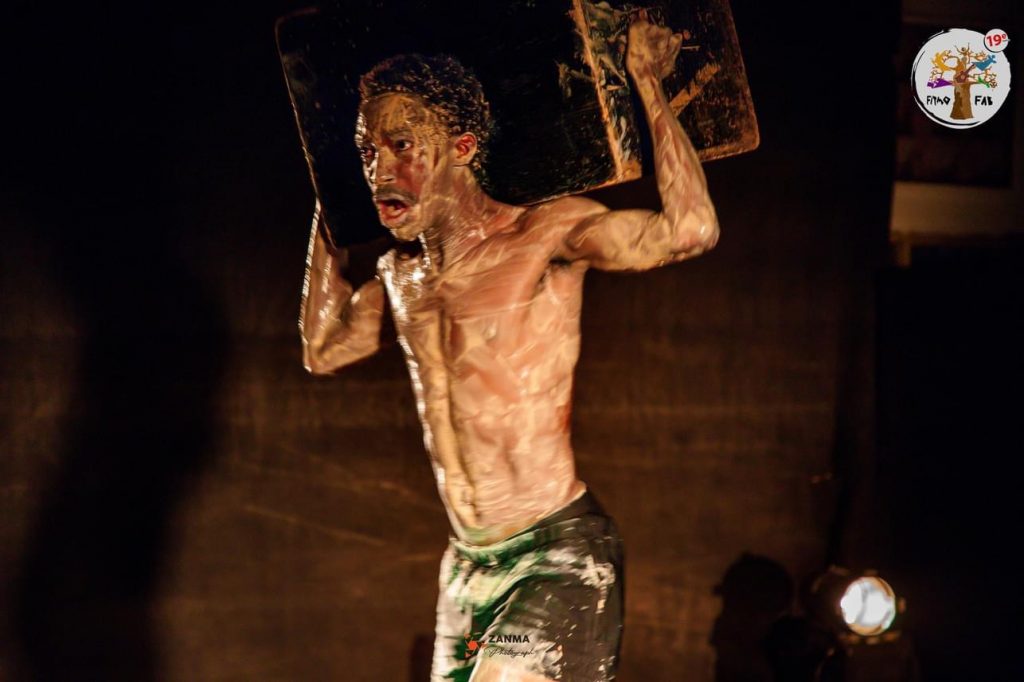
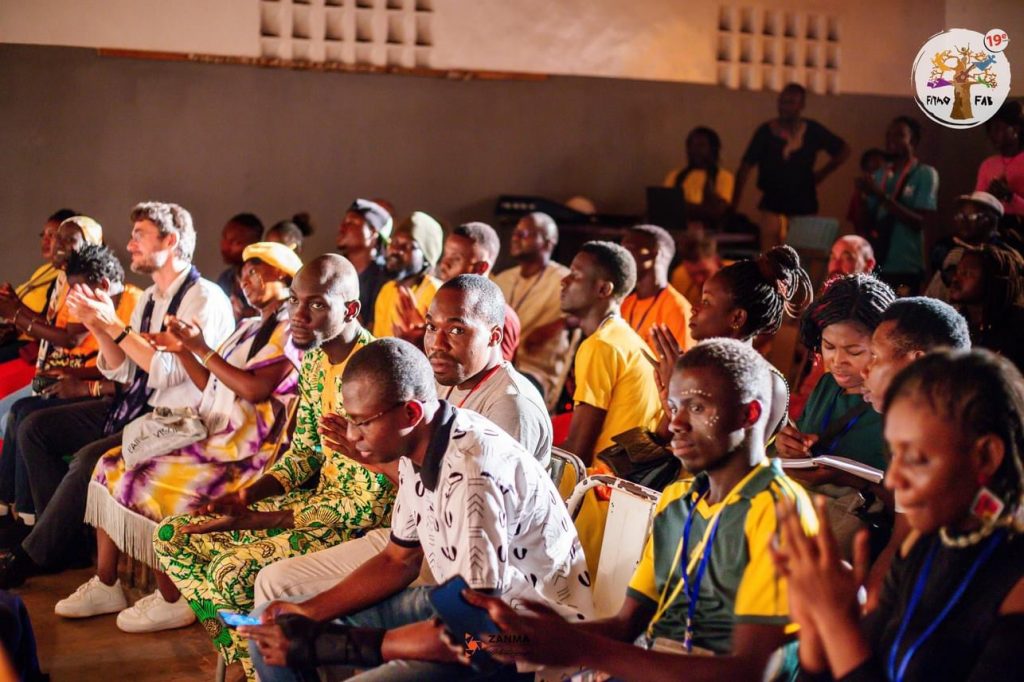
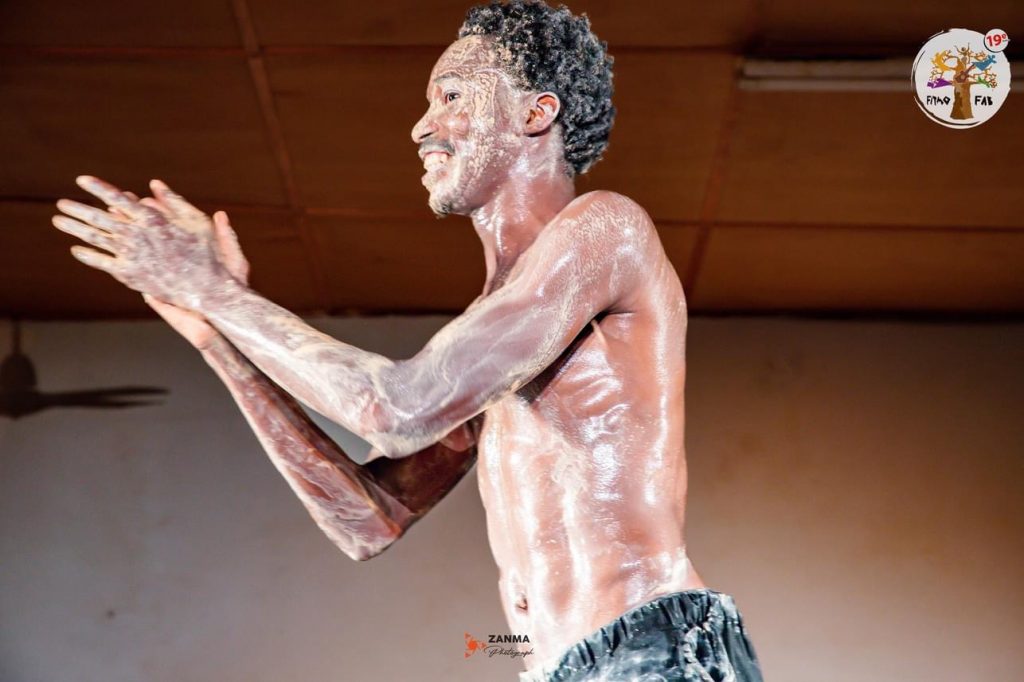
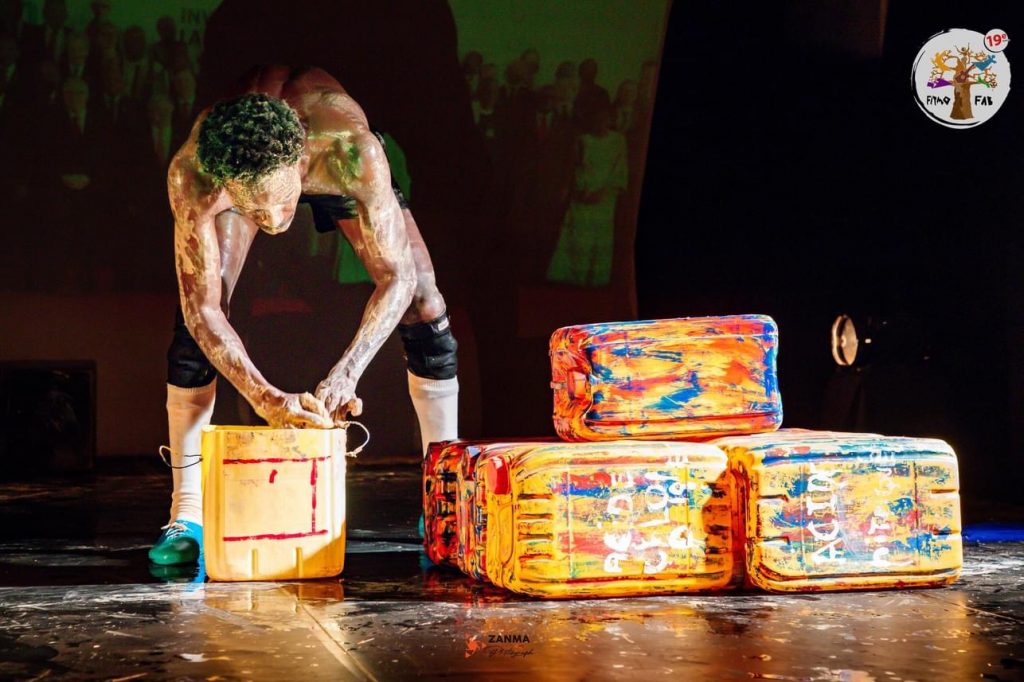
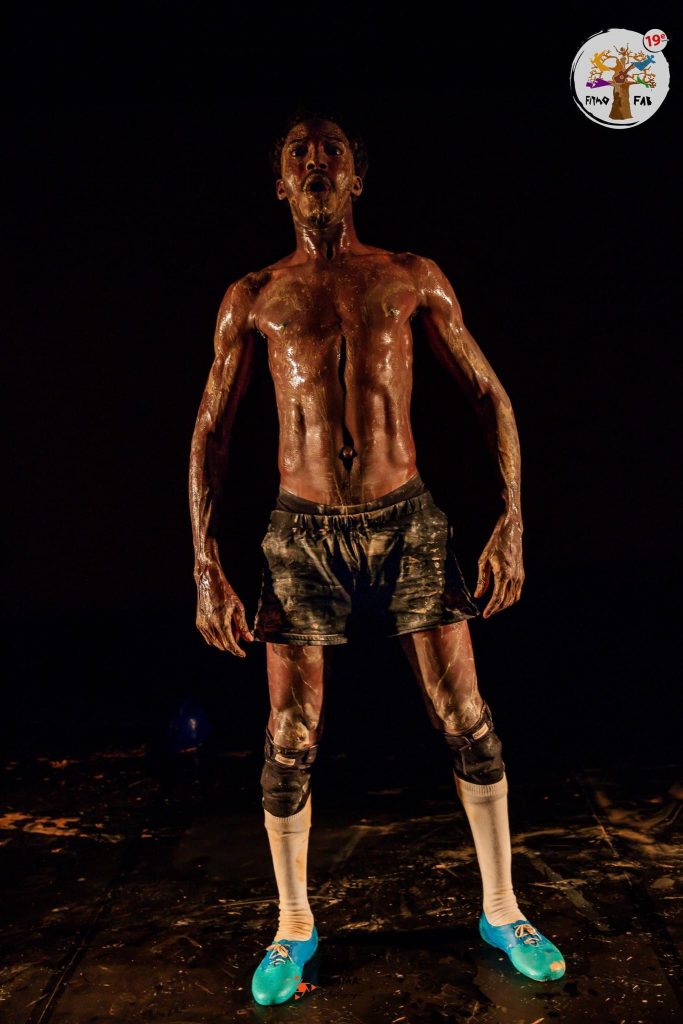
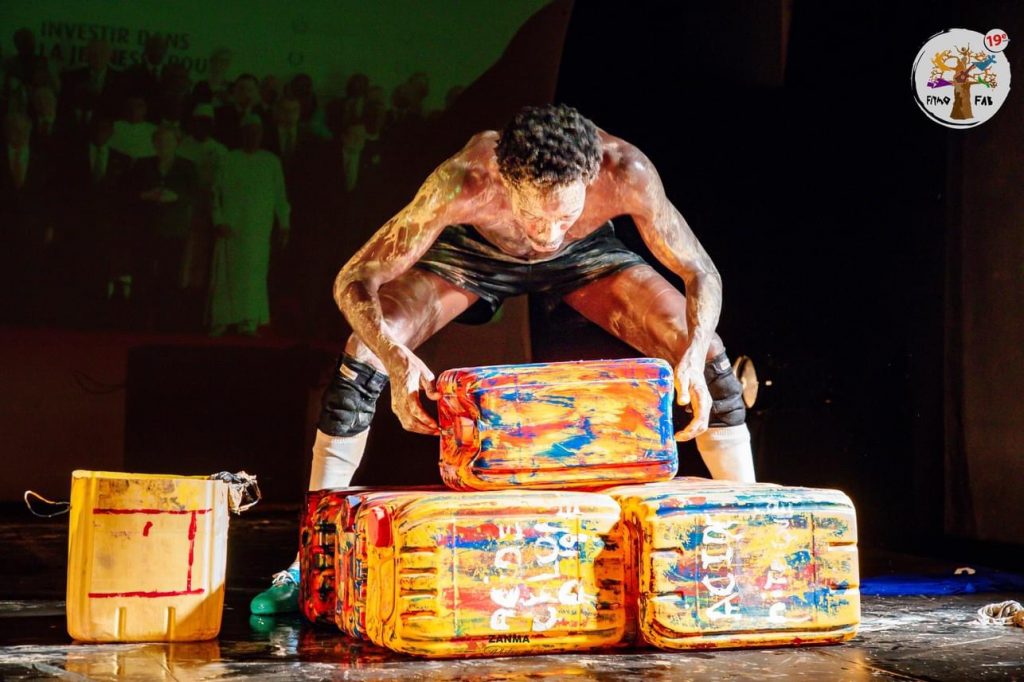
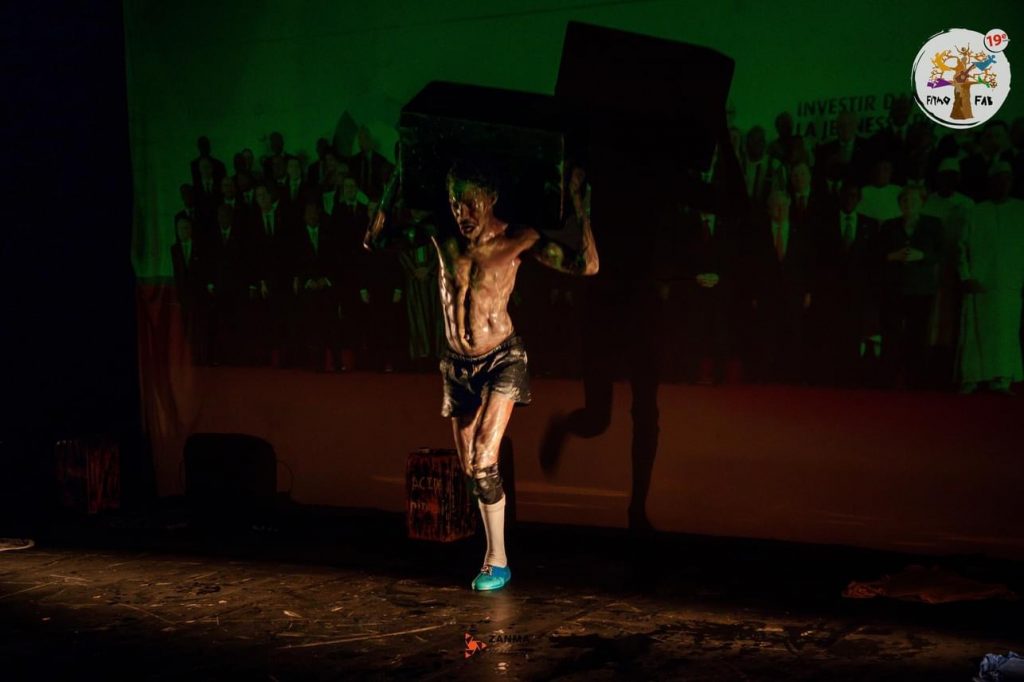
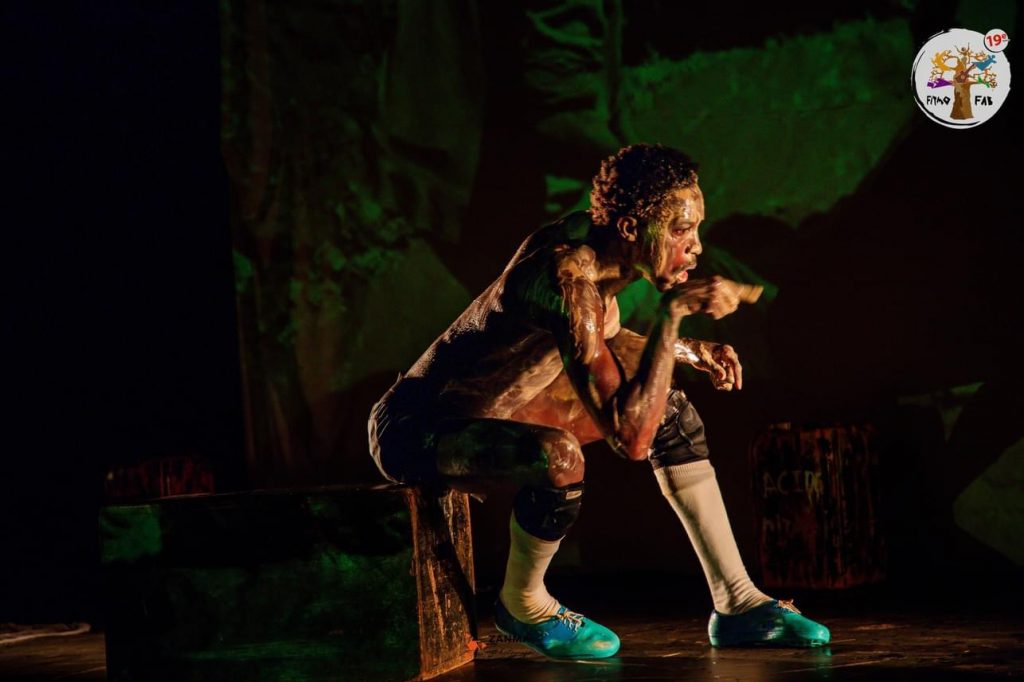
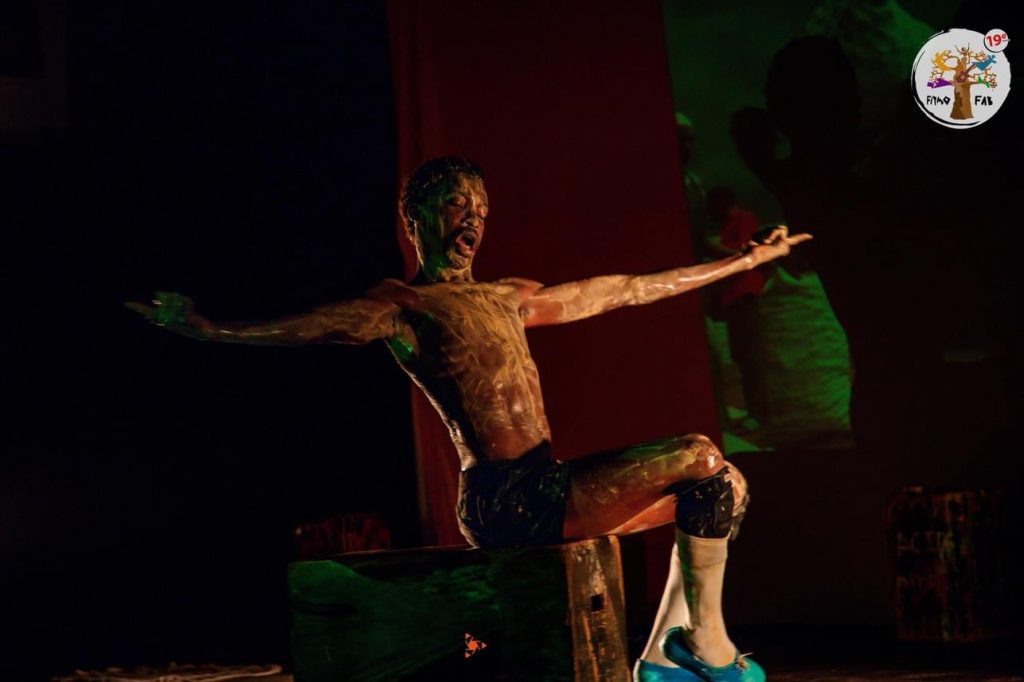
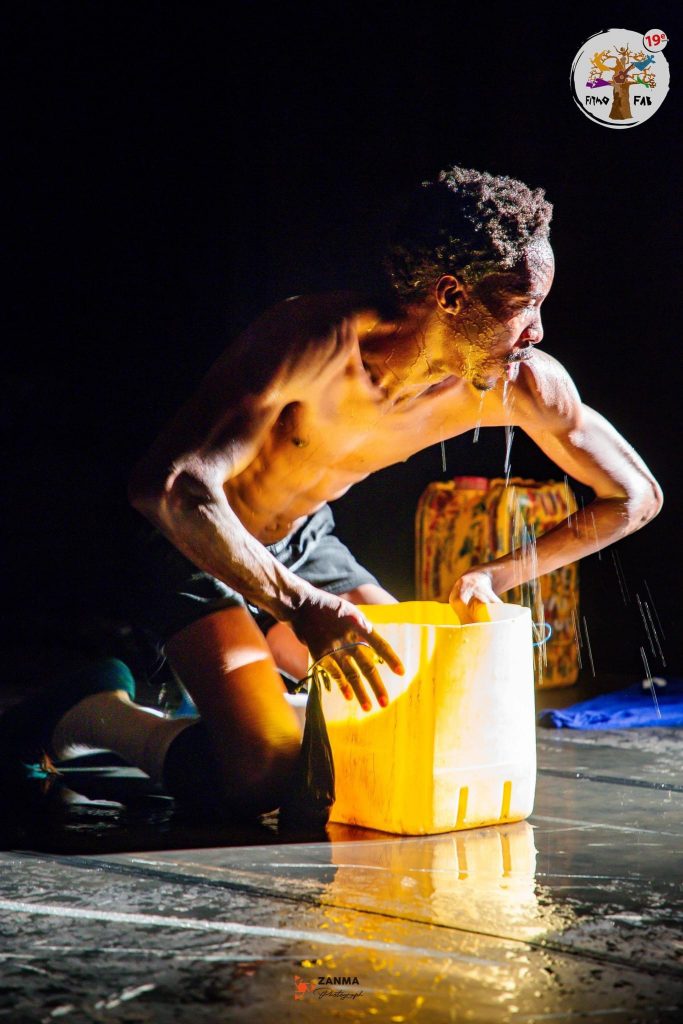
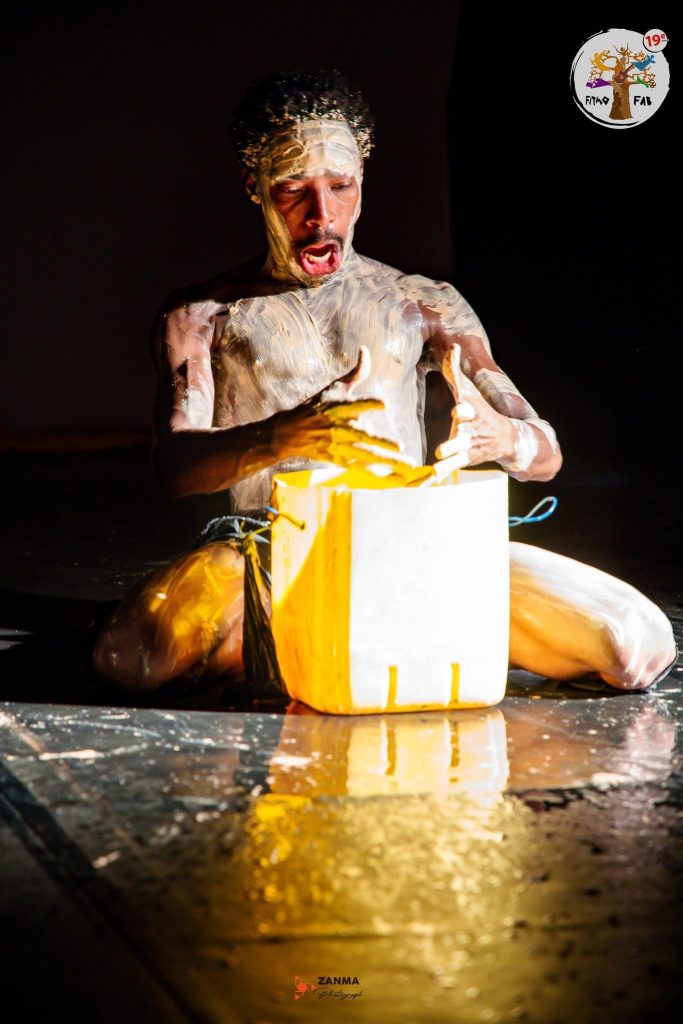
Recent Comments